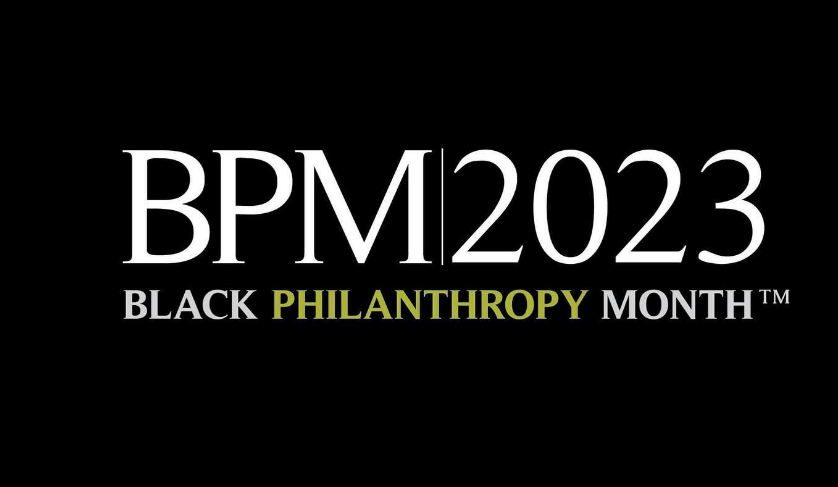Author: Brooklyn Simpson
Crittenton Receives Donation from Food Lion Feeds Charitable Foundation
CHARLOTTE, NC – Crittenton has received $2,000 from the Food Lion Feeds Charitable Foundation to help feed neighbors in their time of need. Crittenton will use the gift to continue to create better tomorrows for the at-risk and historically under-resourced clients we serve each day.
Crittenton’s mission is to promote healing, hope, and empowerment by providing comprehensive health, counseling, and education services for single pregnant and non-pregnant adolescents and women, mothers and their babies in the foster care system.
The Food Lion Feeds Charitable Foundation is committed to supporting families facing food insecurity across its 10-state footprint. Established in 2001, the foundation provides financial support for programs and organizations dedicated to feeding local neighbors in the communities it serves. Since its inception, the foundation has awarded more than $17.8 million in grants.
About The Food Lion Feeds Charitable Foundation
The Food Lion Feeds Charitable Foundation is the philanthropic arm of Food Lion, based in Salisbury, N.C. Established in 2001, the Food Lion Feeds Charitable Foundation provides financial support for programs and organizations dedicated to eliminating hunger. The charitable foundation has provided more than $17.8 million in grant funding, helping to nourish communities with fresh food for backpack programs, Kids Café’s, and other hunger-relief programs as well as funding for long-term programs to help shorten the lines at food banks. The charitable foundation partners with Feeding America, the nation’s largest hunger-relief agency, in addition to local food agencies serving the 10 Southeastern and Mid-Atlantic states in which Food Lion operates. For more information, visit www.foodlion.com/in-our-community.
About Food Lion
Food Lion is an omnichannel retailer committed to nourishing its neighbors during the moments that matter most. More than 82,000 associates across 1,100+ stores deliver an easy, fresh and affordable shopping experience throughout 10 Southeastern and Mid-Atlantic states. Through its ‘Count on me’ culture, Food Lion fosters a sense of belonging for all associates, promoting a diverse and inclusive environment that has supported LGBTQ+ equality for nearly two decades. Food Lion is the only company in the country to be named an ENERGY STAR Partner of the Year for 22 consecutive years. It also pioneered a food rescue program to support food-insecure neighbors. Through Food Lion Feeds, the retailer has donated more than 1 billion meals to individuals and families since 2014 and has committed to donate 1.5 billion meals by 2025. Founded and based in Salisbury, N.C., since 1957, Food Lion is a company of Ahold Delhaize USA, the U.S. division of Zaandam-based Ahold Delhaize. For more information, visit foodlion.com.
- 1
- 2






